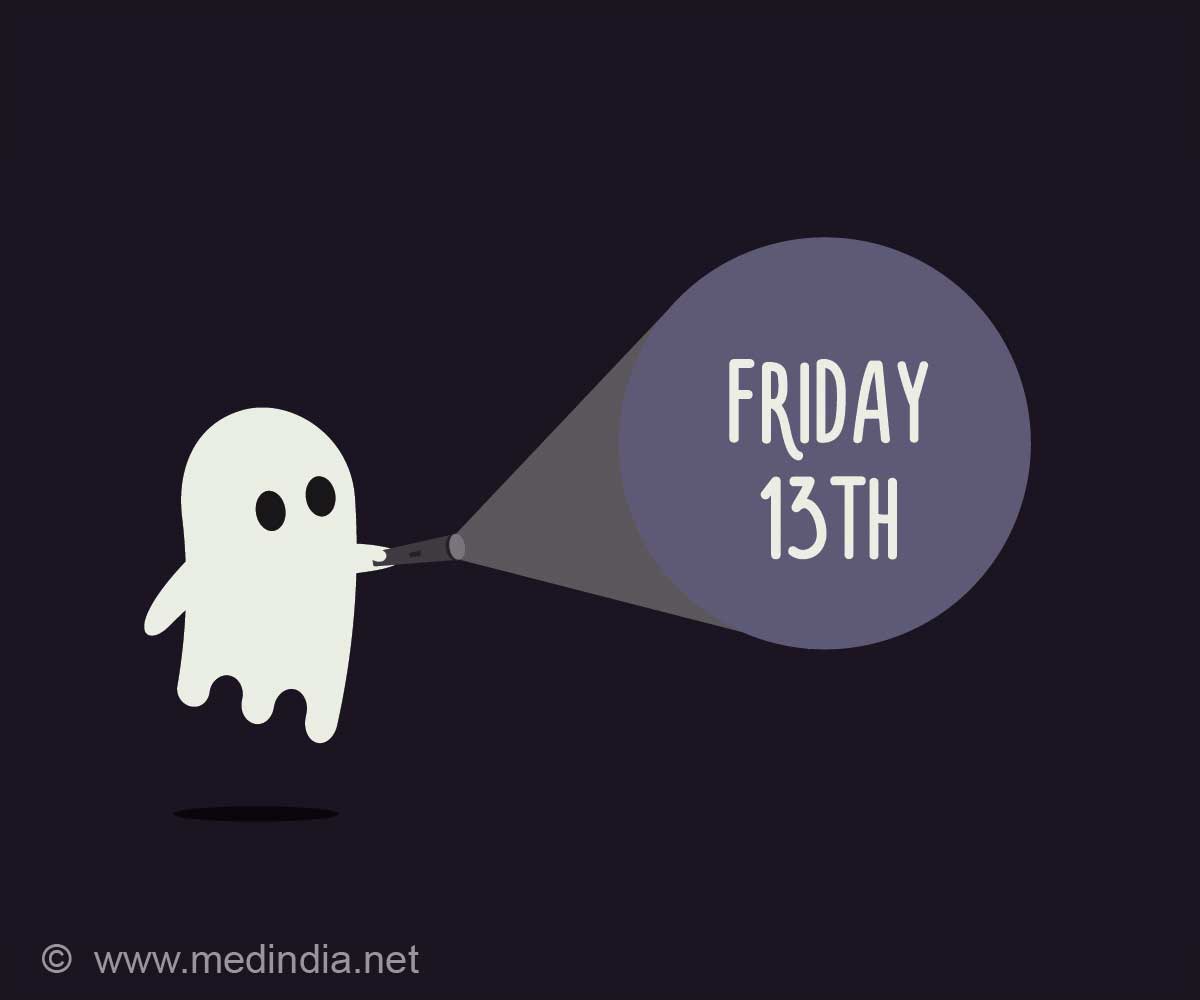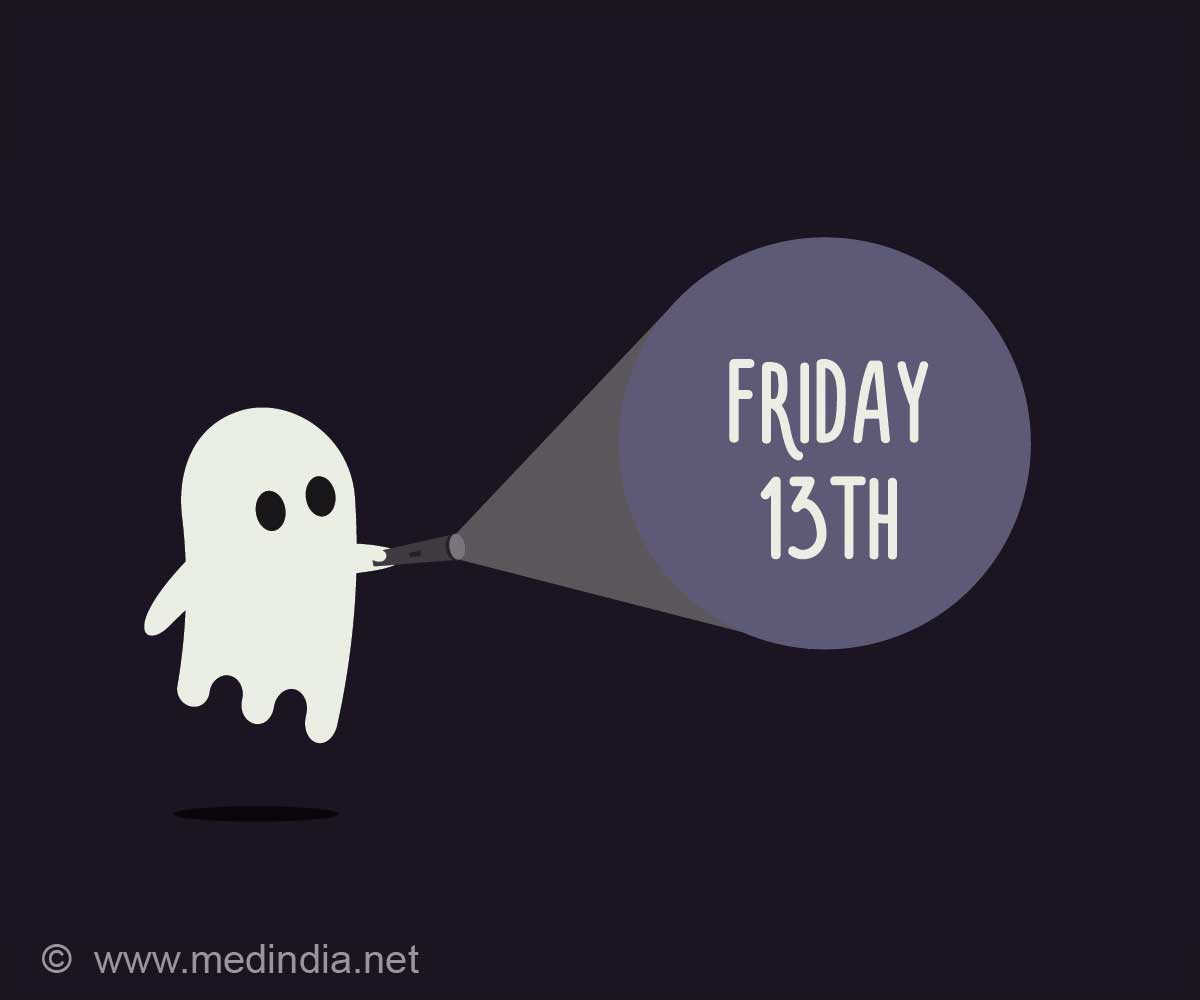
-
The superstition around Friday the 13th combines two historically unlucky elements: the number 13 and Friday - Myths and religious stories, such as the Last Supper and Norse legends, have helped to perpetuate the belief in the unluckiness of 13
- While the superstition has no scientific basis, it still influences modern-day behavior and pop culture
Superstitions surrounding unlucky days are deeply embedded in various cultures worldwide. Among these, one of the most well-known is Friday the 13thâa day often associated with bad luck, misfortune, and fear. But why is this day considered so unlucky, and how did it come to be linked with the number 13? Let’s explore the history and significance behind this curious date, particularly when September 13th falls on a Friday (1✔ ✔Trusted Source
Friday the 13th
).
Advertisement
The Origins of Unlucky Number 13
The number 13 has long been associated with bad luck and superstition, primarily in Western culture. Some trace its roots to religious and mythological events. In Christianity, 13 is the number of attendees at the Last Supper, with Judas, the betrayer of Jesus, often viewed as the 13th guest. This connection between betrayal and the number 13 solidified its reputation as an unlucky number.
Similarly, in Norse mythology, the god Loki was the 13th guest at a banquet in Valhalla, where he caused the death of the beloved god Balder, leading to chaos and grief. This pattern of associating the number 13 with disruption and disaster appears throughout various myths and legends.
In modern culture, this belief has taken on numerous forms, from buildings skipping the 13th floor to people avoiding significant decisions or traveling on the 13th day of the month.
Advertisement
Why Friday the 13th is Considered Unlucky?
While the number 13 itself holds unlucky connotations, pairing it with Friday, a day also considered unlucky in some traditions, creates a double dose of bad fortune. Historically, Friday has been viewed with suspicion because, in Christian tradition, Jesus was crucified on a Friday, which became known as Good Friday. Additionally, some believed that setting sail on a Friday could result in ill fortune for sailors.
The combination of Friday with the already feared number 13 has, over time, led to the widespread superstition of Friday the 13th. This date is now synonymous with bad luck, caution, and even anxiety for many people around the world.
September 13th, in particular, becomes the focal point of these superstitions when it coincides with a Friday. While it might seem like any other day on the calendar, when the date falls on a Friday, it amplifies the superstition, leading people to tread cautiously.
In popular culture, Friday the 13th has been immortalized through films, books, and media, reinforcing its association with horror and misfortune. While there’s no scientific evidence that suggests Friday the 13th is more prone to accidents or negative outcomes, the superstition persists, influencing peopleâs behavior in subtle ways.
Advertisement
Fun Facts and Trivia About Friday the 13th
-
Fear of the number 13 is called triskaidekaphobia, while fear of Friday the 13th is known as paraskevidekatriaphobia. - Some airlines and hotels avoid using the number 13 in their flight numbers or room labels to cater to the superstition.
- Research has shown that some people avoid important decisions, such as buying houses or starting new ventures, on Friday the 13th, believing it will bring bad luck.
Debunking the Myth of Friday the 13th
While many people still treat Friday the 13th with caution, it’s important to remember that these superstitions are largely cultural and have no basis in reality. Whether or not something unfortunate happens on this day is often just a coincidence. Superstitions like these have survived due to their intrigue and mystery, and they continue to be a part of our shared cultural experience.
Whether you believe in the unlucky nature of Friday the 13th or consider it just another day, the history behind superstition is a fascinating exploration of how numbers, days, and events can shape our perceptions. Next time September 13th falls on a Friday, will you be extra cautious, or will you challenge the myth?
Reference:
- Friday the 13th – (https://en.wikipedia.org/wiki/Friday_the_13th)
Source-Medindia









